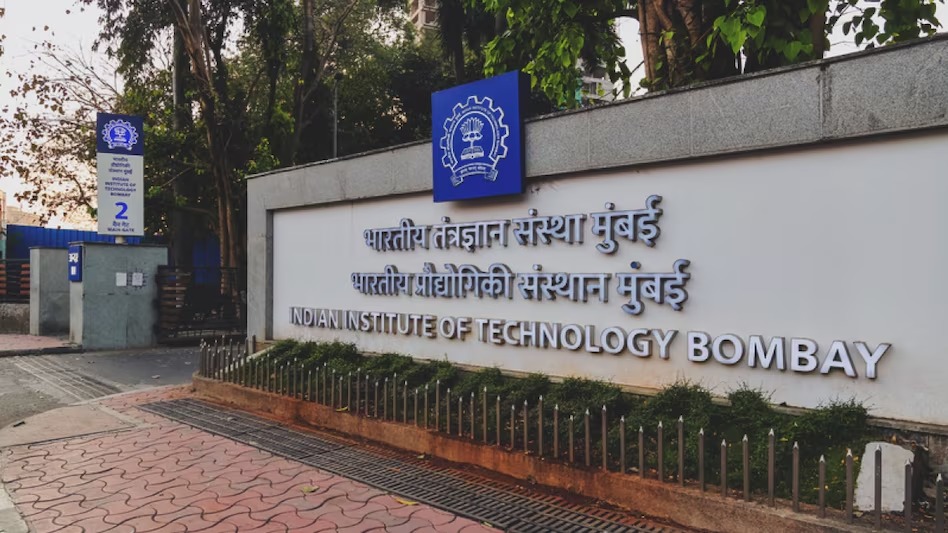New Delhi: Indian Institute of Technology (IIT) Bombay researchers have identified bacteria that can consume toxic pollutants in the soil and produce helpful nutrients as a byproduct, as per the official release.
The researchers from the IIT Bombay have been studying bacteria that feed on toxic chemicals and pollutants as a solution for the ever-increasing pollution of our natural resources.
In a recent study published in the journal Environmental Technology and Innovation, the researchers have used the power of specific bacterial species to remove organic pollutants from soil. Moreover, these bacteria were also found to help boost the growth hormones of the plants, inhibit the growth of harmful fungi, and help in making essential nutrients readily available to plants, as per the IIT-B.
It stated that the identified bacteria could reduce our dependence on chemicals currently used as insecticides and pesticides and help improve soil health and fertility.
About One Of The Biggest Issues Faced By The Agriculture Industry
Soil contamination from aromatic compounds (organic compounds with a benzene-like ringed structure) in the form of pesticides (insecticide and herbicide) is one of the major issues the agriculture industry faces today.
These compounds are toxic, can inhibit seed germination, reduce plant growth and yield, and also accumulate in seeds and plant biomass, as per the IIT-B.
Many aromatic pollutants such as carbaryl, naphthalene, benzoate, 2,4-dichlorophenoxyacetic acid and phthalates are extensively used in pesticide formulation and also released as by-products from various other industries, like cosmetics, textile, construction, food and feed preservatives, dyes, petroleum, and plastics.
Traditional approaches to remove these pollutants, like chemical treatments or soil removal, often turn out to be band-aid solutions – expensive and unable to tackle the problem completely.
To address this issue, the IIT Bombay team identified bacteria from toxic environments. While doing so, they noticed that certain bacterial species, specifically from the genera Pseudomonas and Acinetobacter, were especially good at breaking down aromatic compounds.
“These bacteria were isolated from contaminated soil and agricultural fields. They feed on pollutants, breaking them down into simpler, harmless, non-toxic compounds. In this way, they act as natural cleaners of polluted environments,” explains Prof. Prashant Phale, from the Department of Biosciences and Bioengineering at IIT Bombay, under whose guidance Sandesh Papade carried out the research for his PhD.
(Except for the headline, this article has not been edited by FPJ’s editorial team and is auto-generated from an agency feed.)
